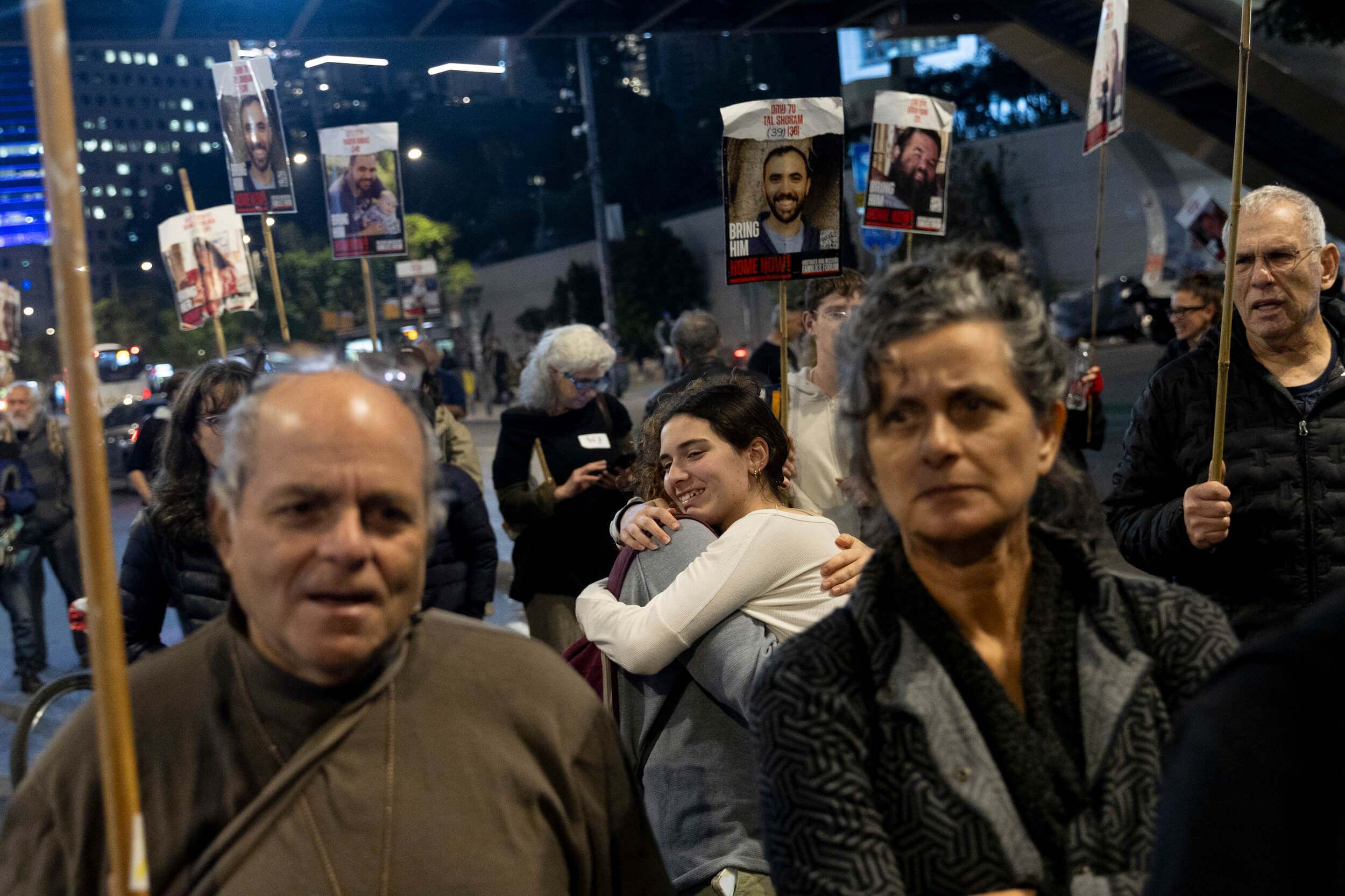The implementation of the second hostage deal between Israel and Hamas requires approval by the government, as well as a discussion and decision by the Supreme Court. However, it does not require the Knesset’s approval, so even the threats of the Otzma Yehudit and religious Zionist parties to withdraw from the coalition following the deal will not prevent its approval.
So what is required legally to approve the kidnap deal? Since the issue of kidnapping soldiers and civilians by terrorist organizations has accompanied the State of Israel for decades, in 2014 the Knesset established in law the process required to approve transactions for their release in exchange for the release of prisoners imprisoned in Israel. In the first hostage deal in November 2023, Israel acted on it.
The law states: the only way to release prisoners in a deal is a government decision
According to the amendment approved in the government law in 2014, the government may decide to release a prisoner from prison and condition his release on conditions, “if it believed that the release of the prisoner is required for reasons of managing the country’s foreign relations and its security”, and this if one of three conditions is met. The one condition, which is relevant to the current deal, is “the release of captives or abductees who are Israeli citizens or residents of Israel, including the return of their bodies, or receiving information regarding captives, abductees or missing persons who are Israeli citizens or residents of Israel.” Other conditions are a “political gesture” as well as a “political agreement, including an interim settlement or understanding”.
The meaning of the law is that the authority authorized to approve the release of prisoners in exchange for Israeli abductees – including the return of bodies of Israelis held by terrorist organizations – is the government. This is in contrast to any other release of prisoners, which is made possible through a pardon or a reduced sentence from the president of the country or the military commander of the region where the prisoner lives. The law includes a section that expressly prohibits members of the government from acting to release prisoners as part of a political move in any other way, including requests for amnesty from the president of the country or commutation of the sentence.
The one who apparently did not implement this section is Prime Minister Benjamin Netanyahu, who at the end of his third government term in 2019 ordered the release of two Syrian citizens from prison by way of amnesty, in exchange for the return of the body of the missing soldier Zachariah Baumel. The release of those prisoners contrary to the procedure required by law is the Attorney General at the time, Avichai Mandelblit, who justified this by saying that it was a very small number of prisoners, and that one of them was to be released shortly after, but as mentioned, in the first hostage deal in November 2023, in which about 150 Palestinian prisoners were released, the government acted in accordance with the law.
The same amendment to the law also established an innovation in relation to the situation before the legislation, according to which it would also be possible to cancel the release if the political conditions under which the prisoner was released changed, and not only if the same prisoner violated the conditions of his release.
It is possible to petition the High Court, but to date the petitions have been rejected
After the decision is approved by the government, the public will be allowed to petition against it to the High Court like any other government decision. For this purpose, the government will have to publish the list of Palestinian prisoners who are expected to be released, so that it will be possible to petition against the release of a certain prisoner, and a time frame will be given until which a petition can be filed. In the November 2023 kidnapping deal, this period took 24 hours from the publication of the list of prisoners to be released. Usually, such petitions Previously submitted by families of victims of attacks carried out by those prisoners.
However, the Supreme Court refrains from interfering with the government’s decisions, because its judges consider them a policy decision that the government has the authority to make. In the ruling on the petitions against the release of Palestinian prisoners in the first hostage deal, Judge Alex Stein stated that “the difficult issue that the petitioner placed before us is rooted, all of it, in the heart of war and peace and foreign policy considerations that are devoted to the government’s decision. In other words: this is a distinct political issue which this court does not consider to be required”.
And what about the Knesset?
As mentioned, the government law only requires the government’s approval for the release of prisoners. In a broader view, the law obliges the government to publish international agreements for the perusal of the members of the Knesset, but there is no law that requires the Knesset’s approval of those agreements, and this is subject to the government’s decision. The first hostage deal with Hamas was not brought to the Knesset for approval.
Can the right-wing factions prevent the approval of the deal in the government?
Even if the religious Zionist factions and Otzma Yehudit vote against the agreement in the government, it will win a majority and be able to be implemented. If, after the approval of the agreement, the members of these two factions withdraw from the coalition and vote against the government, the stability of the coalition will be undermined. In such a situation the government will have to find other coalition partners to continue functioning. If only Otzma Yehudit withdraws from the coalition, the government will still enjoy a narrow majority in the Knesset – 61 Knesset members.











